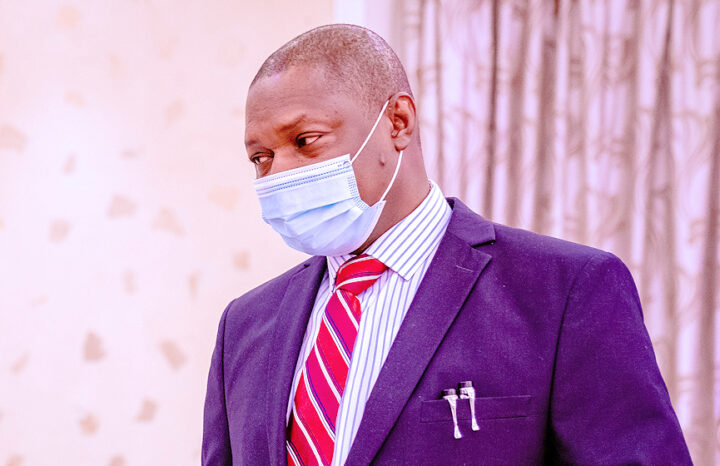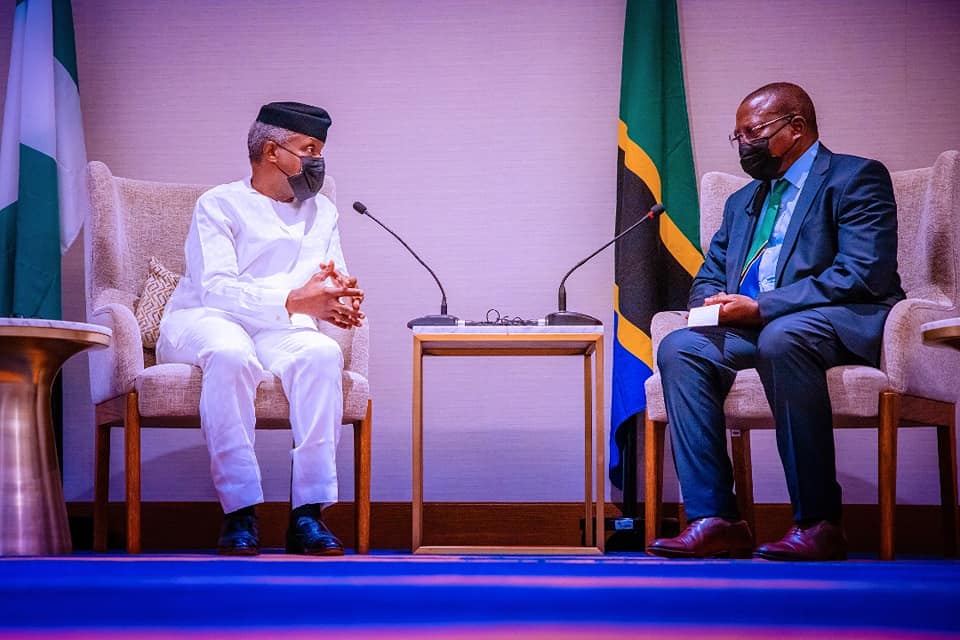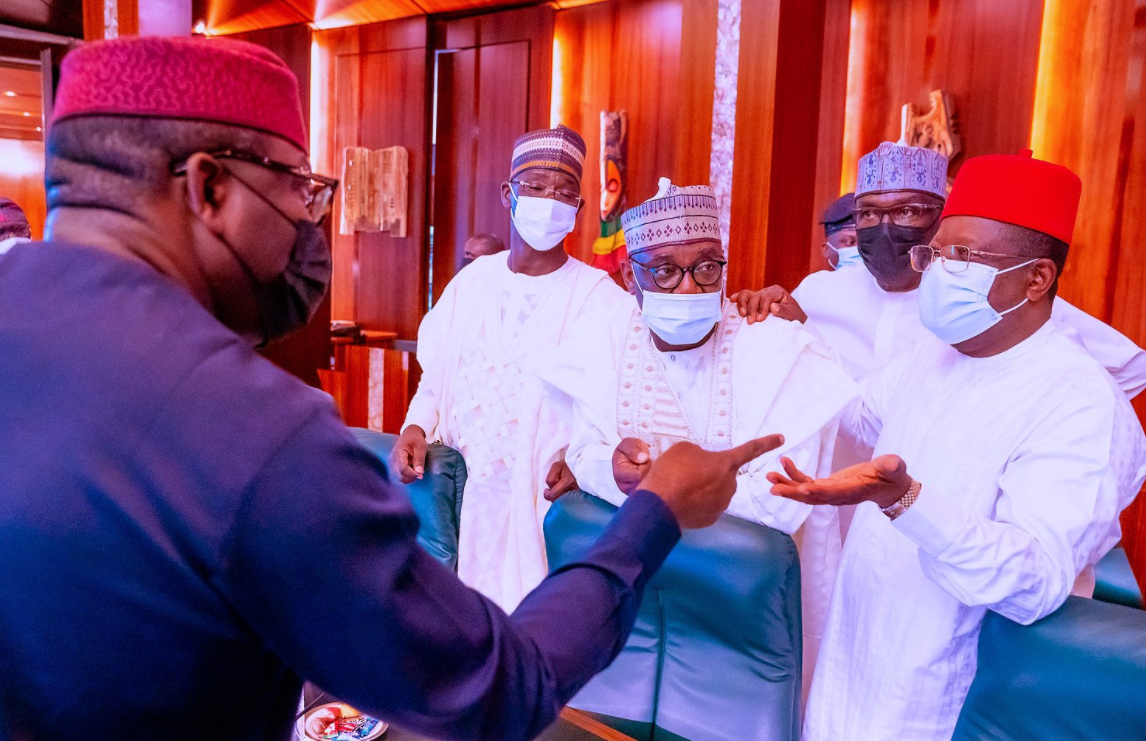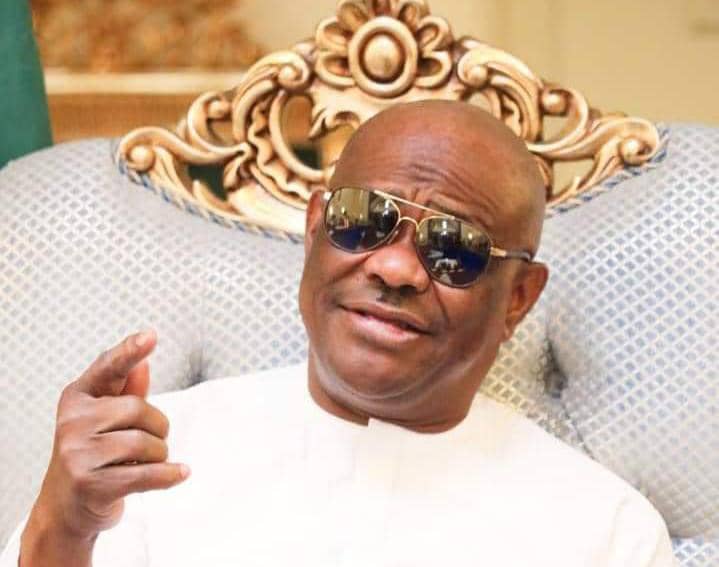A British high court on Wednesday commenced hearing in the lawsuit filed by the Nigerian government against JP Morgan Chase.
Nigeria is claiming more than $1.7 billion in compensation for the bank’s role in the disputed Malabu/OPL 245 deal of 2011.
Shell and ENI had transferred $1.3 billion to Nigeria’s account at JP Morgan — comprising $1.1 billion payment to Malabu Oil & Gas Ltd, the original owners of OPL 245, and $210 million to the government as signature bonus.
In its claims before the Business and Property Courts of England and Wales, Nigeria is arguing that JP Morgan was “grossly negligent” in transferring payments to Malabu.
Advertisement
Nigeria is claiming that there was corruption on the part of its government officials, specifically mentioning Mohammed Bello Adoke, the attorney-general of the federation (AGF).
However, Abubakar Malami, the attorney-general of the federation (AGF), had written to President Muhammadu Buhari in 2017 to clear Adoke, Dan Etete, former petroleum minster, and others of any wrongdoing.
He wanted their trial by the Economic and Financial Crimes Commission (EFCC) to be stopped for lack of proof of corruption.
Advertisement
WHAT’S IN DISPUTE?
Following the transfer of funds to Malabu in the OPL 245 deal, international campaigners believed it was a corrupt payment to politicians who facilitated the deal.
Shell, ENI and a Nigerian businessman, Aliyu Abubakar, among others, were subsequently put on trial by the Italian government.
After years of trial, the Italian court ruled in March 2021 that there was no proof of corruption in the deal, discharging and acquitting all the defendants.
In a separate case, the conviction of Emeka Obi, a Nigerian, and Gianluca Di Nardo, an Italian, for their roles in controversial deal was quashed by an Italian court.
Advertisement
Meanwhile, the Italian prosecutors of Shell and others are currently being investigated for allegedly manipulating evidence in order to get a conviction.
Following a petition by Adoke, the Nigerian police also accused Olanrewaju Suraju, an anti-corruption activist, of circulating allegedly forged email and the tape of a stage-managed radio interview to implicate the former AGF in the trial.
Suraju has denied the allegations.
The federal government has charged Suraju to court but the allegation of forged email was dropped on legal advice because, as TheCable reported, Nigeria is hoping to rely on the same email in its lawsuit against JP Morgan.
Advertisement
The email is meant to establish a claim that Adoke was very close to Abubakar and that they colluded to rip off Nigeria in the OPL 245 deal.
Adoke has denied the allegation that he used Abubakar’s email address to send a letter to JP Morgan.
Advertisement
He also denied granting an interview to an Italian journalist in which he was said to have admitted that the OPL 245 deal was a “presidential scam”.
NIGERIA SUES JP MORGAN
While the case in Italy was on, the federal government filed a suit against JP Morgan in the UK in 2018, maintaining that the bank should have taken substantial precautions “or at least suspected” before transferring funds to Malabu.
Advertisement
The filling said: “If the defendant acted with reasonable care and skill and/or conducted reasonable due diligence it would or should have known or at least suspected… that it was being asked to transfer funds to third parties who were seeking to misappropriate the funds from the claimant and/or that there was a significant risk that this was the case.”
A spokesman for JP Morgan said the bank is confident that it acted “appropriately”.
Advertisement
In Nigeria’s deposition, the country is claiming that “once the payments had been made by JPM in 2011 and 2013, the money was laundered through shell companies and Nigerian bureau de change, and [former AGF Bayo] Ojo and Adoke subsequently each received very substantial sums and real estate, derived from the payments, whilst Etete received hundreds of millions.”
MALAMI TO BUHARI: ADOKE DID NO WRONG
But in a letter to Buhari dated September 27, 2017, titled Re: Forwarding of Case File in Respect of Charge No. FHC/ABJ/CR/268/17 and FCT/HC/CR/124/2017 Malabu Oil & Gas Ltd, Malami had given the deal an all-clear.
He wrote: “There is also nothing in the proof of evidence to support the charge of money laundering and it is therefore impossible for the prosecution to prove the elements which include illicit funds, transfer for such through various channels to re-introduce same again into the regular financial system as legitimate funds in financial institutions etc.
“Without the express proof of these elements, the count may not be sustained on the premise of the attached proof of evidence.
“The EFCC investigation and attached proof of evidence do not appear to have clearly revealed the case of fraud against the parties who claimed to have acted in their official capacities with the approval of three consecutive presidents of the federal government of Nigeria at the time with further claim that the matter was intended to be resolved in national interest thereby saving the nation acrimonious litigations resulting in high legal fees and the dormancy of the oil field while litigation lasted.”
He said the OPL 245 deal was valid as it was approved by three former attorneys-general.
“Clearly, potential investors will not have the confidence to invest in Nigeria if the government of the country is perceived as one which does not honour its commitments,” Malami said.
He followed up with a letter dated September 20, 2017 to then-acting chairman of EFCC, Ibrahim Magu, repeating his stance.
He wrote: “There is nothing in the proof of evidence to support the charge of Money Laundering. Therefore, it is unrealistic for the prosecution to prove the elements which include illicit funds, attempt to conceal/concealment of illicit funds, transfer of such funds through various channels to introduce same as legitimate funds in financial institutions. Without the express proof of these elements, this count may not be sustainable.
“The EFCC investigation and the attached proof of evidence does not appear to have clearly revealed the case of fraud against the parties in view of their acclaimed acting in their official capacities with purported approval of the president of the FGN at the time and with the claimed intentions that matter be resolved in the national interest to save the nation from acrimonious litigations resulting into high legal fees and the non-production of the oil field while litigation lasted.
“The EFCC investigation and attached proof of evidence to the 9 count charge does not appear to have clearly revealed the case of fraud against the parties who claimed to have acted in their capacities with the approval of 3 consecutive Presidents of the FGN at the time and with claimed intentions that the matter be resolved in the national interest saving the nation from acrimonious litigations resulting into high legal fees and the non-production of the oil field while litigation lasted.”
Add a comment





